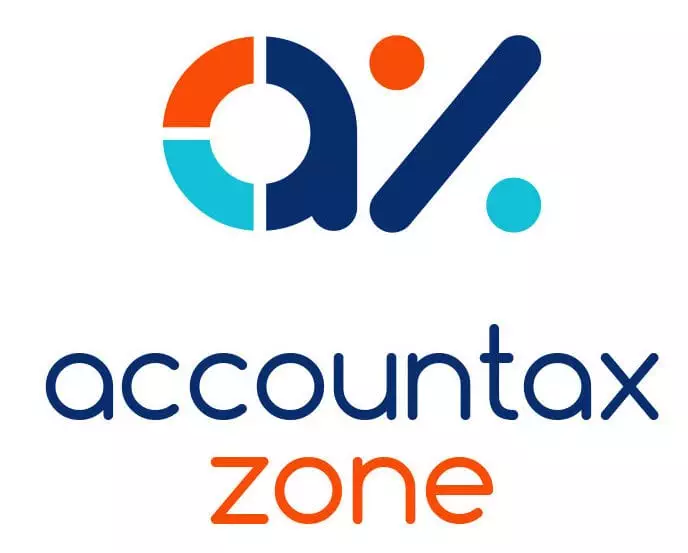People set up in business for a variety of reasons. For some it is a dream that becomes a reality some years later. In working towards that dream, they may purchase items before the business starts to trade, to enable the business to trade, rather than for the purposes of the trade, e.g. a professional camera purchased to enable professional photographs to be taken in a portfolio of work before any trading has commenced. Other costs may include rent of premises, purchase of office supplies, marketing, etc. The downside of incurring expenditure prior to commencement is that tax relief for the pre-trading costs is delayed or can be lost altogether.
Normally expenses would not be allowable until the business starts trading but tax legislation specifically allows relief for pre-trading expenses as if incurred on the first day business commences (or the first accounting period for companies) as long as certain conditions are met.
The relief is available for both self-employed traders and companies for expenditure which:
- is incurred in the seven years before the trade, profession or vocation starts;
- is not otherwise allowable as a tax deduction;
- is incurred ‘wholly and exclusively’ for business purposes; and
- would have been allowed if incurred after the business started.
Be aware that the purchase of trading stock is not deductible as a pre-trading expense since its cost is deductible in arriving at profits when trading begins. Similarly, for expenditure such as rent paid in advance, that proportion relating to pre-trading will not qualify for relief. Capital purchases are not expenses and as such normally such costs would not be tax deductible. However, for the purposes of claiming capital allowances there are special provisions in s12 Capital Allowances Act 2001 to treat pre-trading capital expenditure as incurred on the day that trading starts.
Pre-trading expenses can also be claimed for a rental business – again here we are looking at such costs as management charges, advertising, etc but not expenses incurred should a landlord have lived in a property prior to renting it out. If a property is let at less than the full commercial rent, any expenditure relating to that property will normally fail the ‘wholly and exclusively’ test. Although, strictly, no expenditure on such properties is admissible as an expense of the rental business, expenses can be deducted up to the amount of rent derived from that property. Note that there are special rules for furnished holiday lettings.
The tax treatment of capital costs will depend on whether the accruals basis or cash basis is being used to prepare the accounts. If the cash basis is used, then such expenses will generally be treated as business expenses; if using the accruals basis, a tax deduction may be allowed under the capital allowances rules.
You may also like to read: Tax implications of buying a customer list
Transfer self-employment into company
Many self-employed individuals incur pre-trading expenses and then transfer the business into a company. In this scenario, the company is the trader but, as the expense was incurred pre-trading, the company cannot claim. One way to satisfy these rules is to set up a company and provide services on a freelance basis to the company, charging the company a fee (e.g. services to look at the feasibility of a project, etc). Tax relief for costs incurred will effectively be claimed, whereas no relief would be possible if the costs were borne by the self employed individual and not charged to the company.
VAT on pre-trading expenses
If items classed as goods e.g. stock, office equipment or vans have not been sold at the registration date, VAT can be reclaimed on items bought in the four years before registration.
VAT can be reclaimed on services (e.g. accountancy fees) supplied in the six months before registration, provided they do not directly relate to goods sold before registration. A valid VAT invoice is required and the purchase must have been for business purposes.
Partner note: ITTOIA 2005, s. 57; CTA 2009, s. 61; PIM2505; BIM46350; CAA 2001, s. 12










